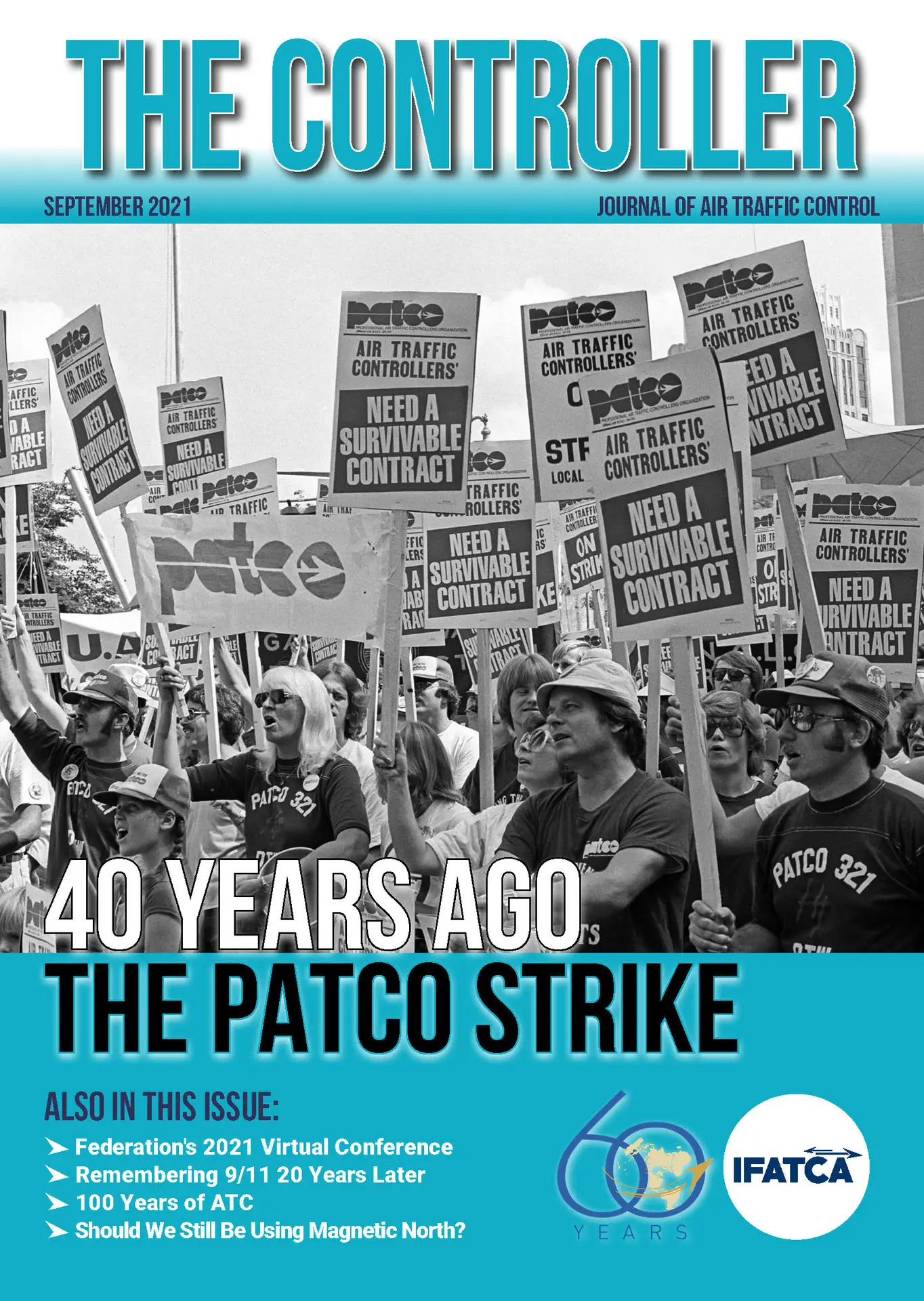Women and Equality in Air Traffic Control
There is a growing worldwide shortage of air traffic controllers, a profession which is key to a safe aviation industry. Forecasts from the International Civil Aviation Organisation, a United Nations specialized agency, predict a shortfall of over 40,000 controllers over the next 20 years.
Many of IFATCA’s Member Associations also report a decreasing interest from qualified applicants to pursue a career in ATC. As with aviation in general, women remain significantly under-represented in our profession. Given the gender imbalance, investing in making the profession more attractive to women could tap into a currently underused demographic, which currently risks missing out on up to 50 % of the recruitment base.
In most countries, female air traffic controllers remain a minority. While an increasing number of women have been working as controllers over the past decades, there is still a significant imbalance, even in the public perception of the job. While a controller requires specific skills, none of these correlates directly to gender. Our profession is generally open to female applicants, however greater effort is needed to make it more accessible and attractive to women, and to encourage them to apply.
The air traffic control community consists of an extremely diverse mix of people, in which women should be proportionally represented. One of the enablers for this is to have role models. In other words:
If She Can See It, She Can Be It
As the professional organisation representing over 50,000 air traffic controllers worldwide, IFATCA joins other organisations on March 8th, the International Women’s Day. We acknowledge the contributions of all female colleagues to our unique profession. At the same time, we recognise the women who are at the start of their career in ATC and encourage those that are considering pursuing one.
IFATCA highlights the importance of role models to help convince new generations of women that they have an essential role in aviation and in air traffic control. We call upon employers and lawmakers to ensure an equal opportunity environment exists in recruitment, training and career opportunities. Any existing bias should be removed, aiming for a more balanced gender distribution in air traffic control, and aviation in general.




















